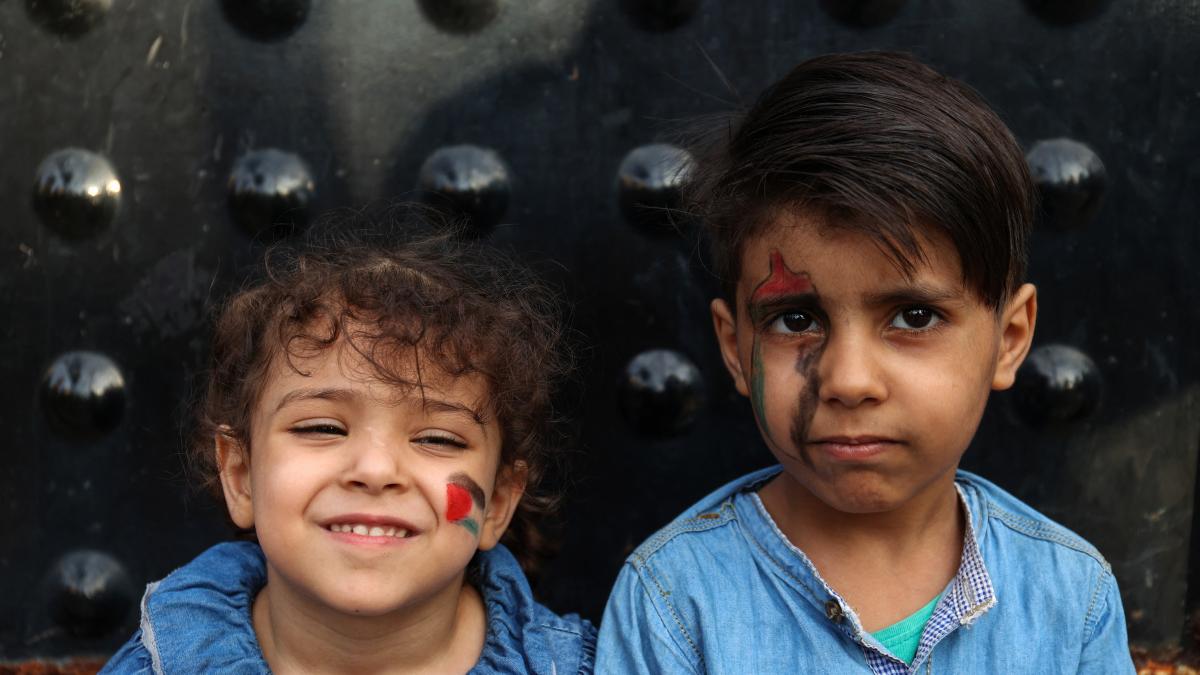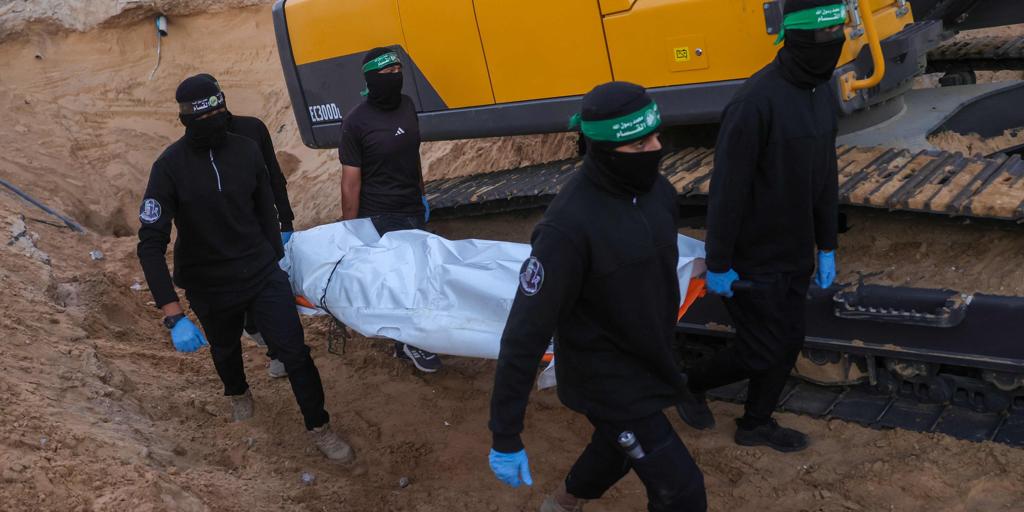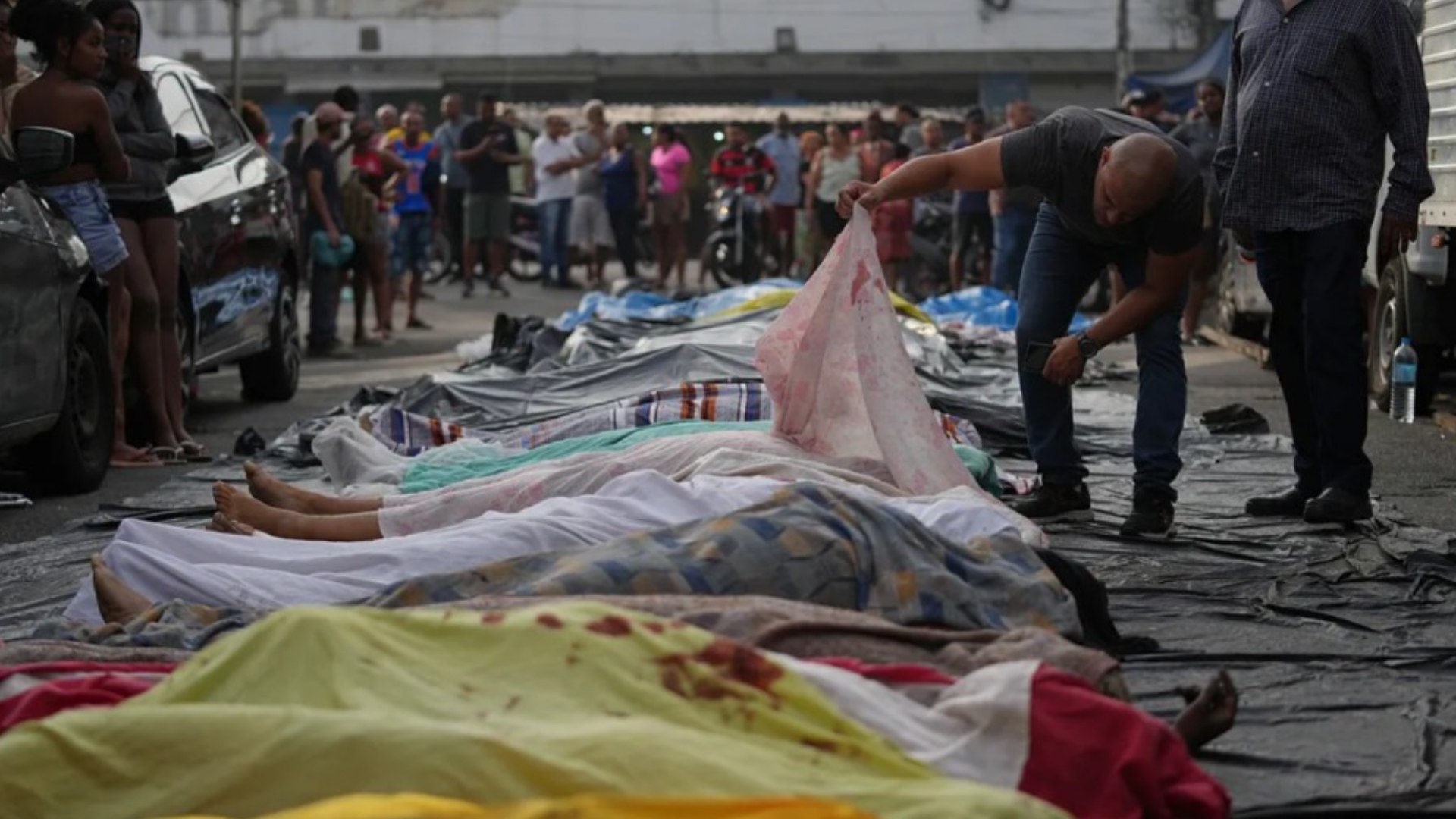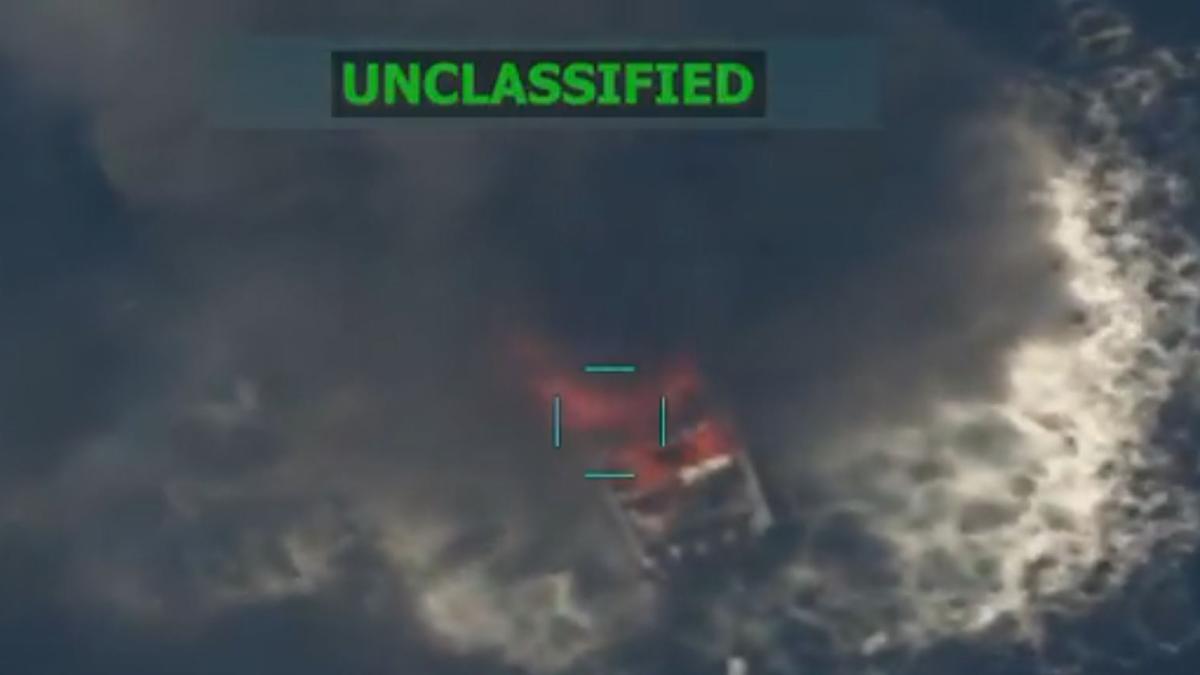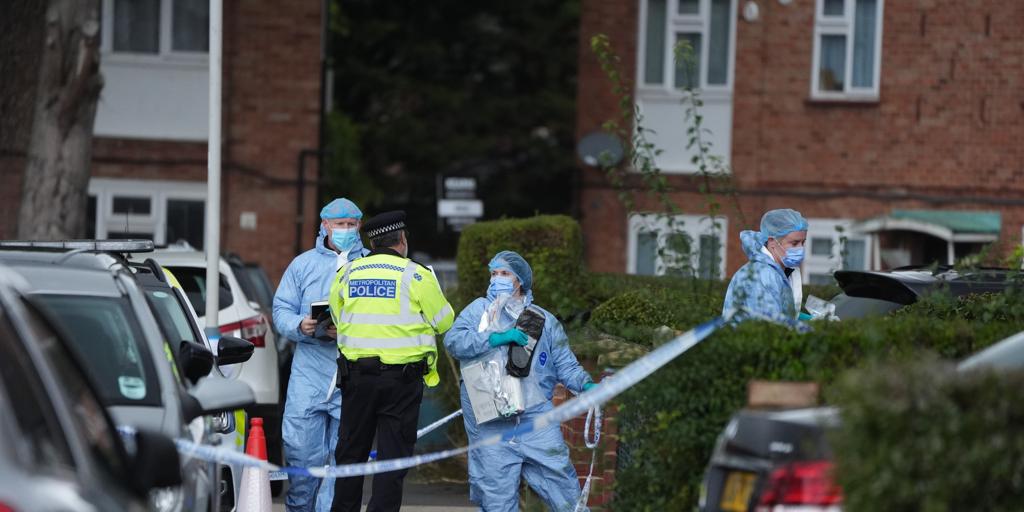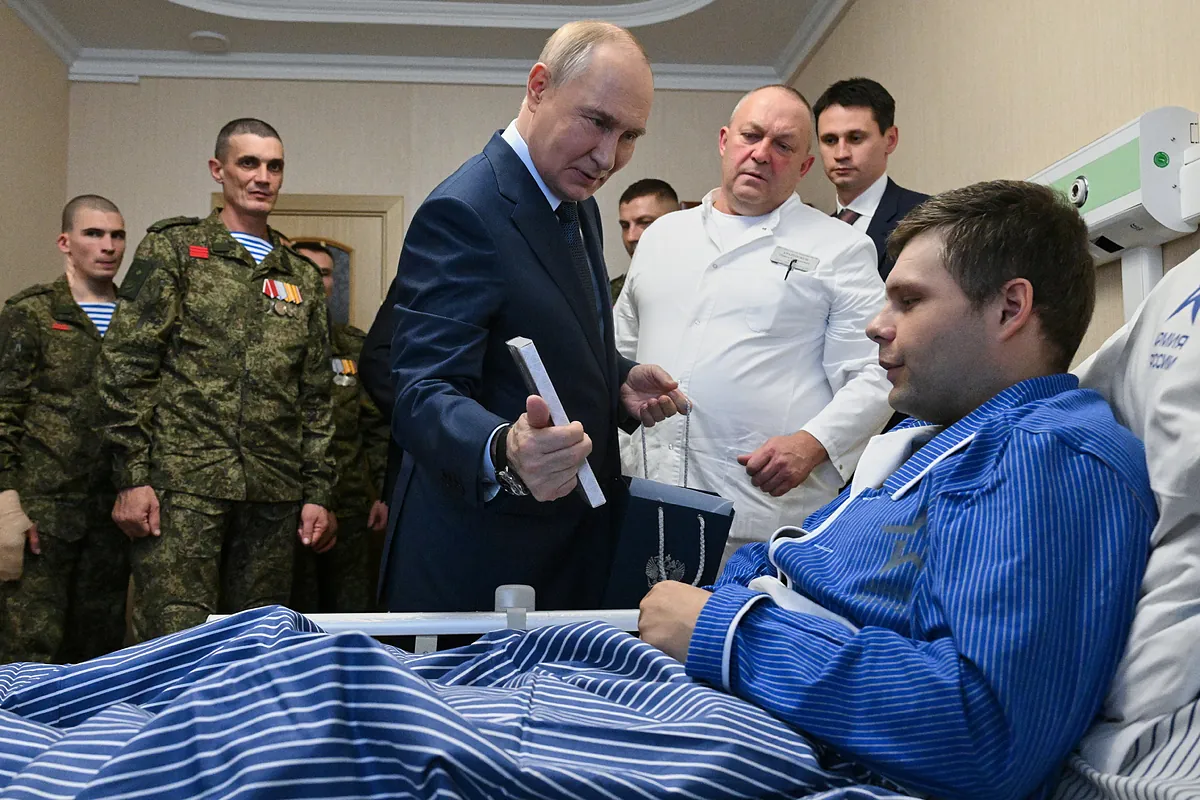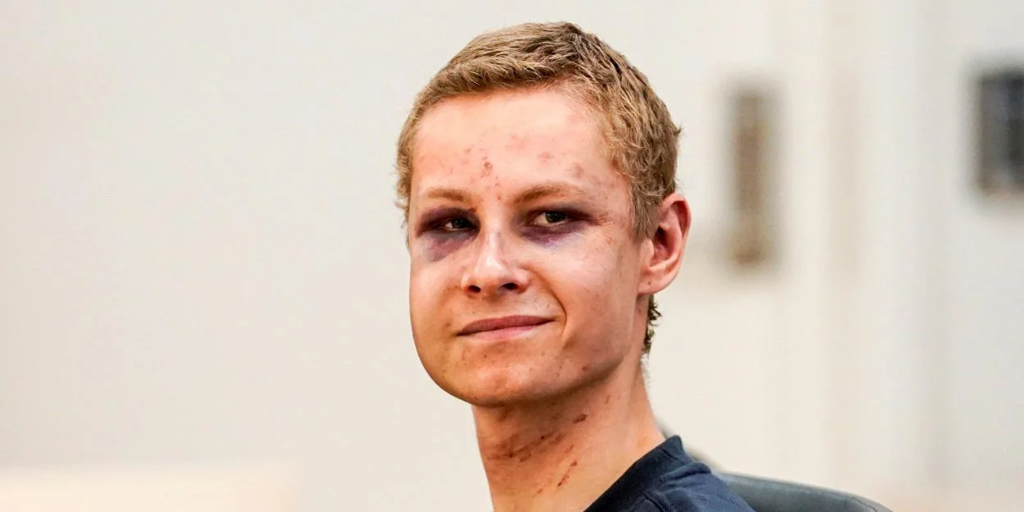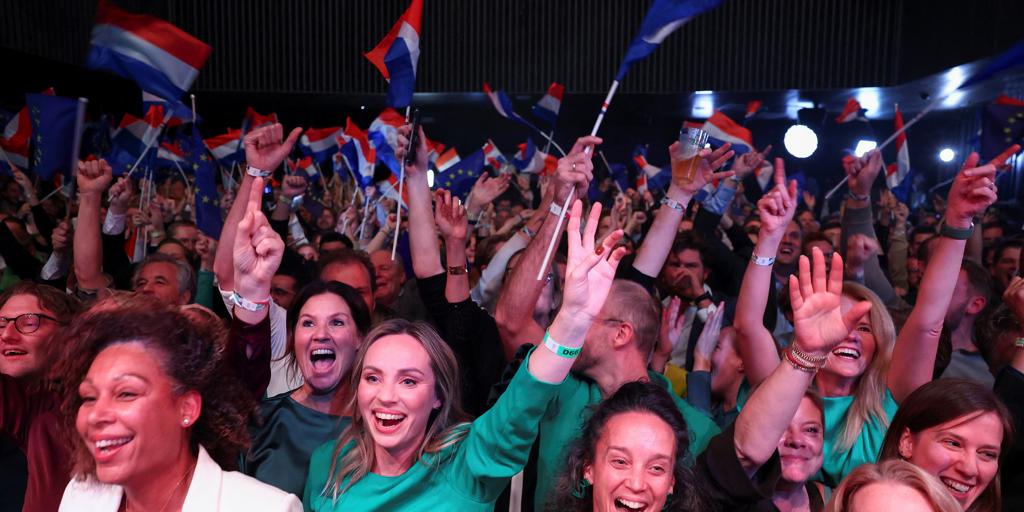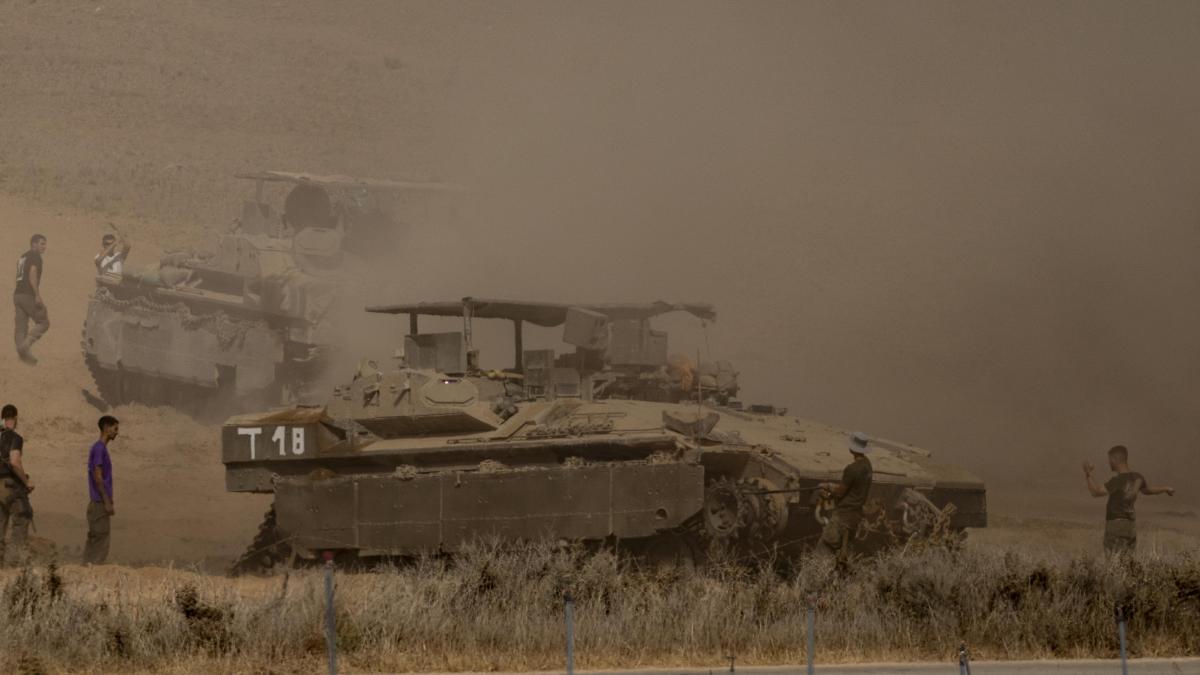“`html
Weapons in Every Pocket: A Culture of Armament in Palestinian Camps
The chilling reality is that children in Palestinian refugee camps are being handed guns before they can even understand their implications. “The first time I had a gun in my hands was at four years old,” recounts Badi El Habet, a proud member of Al Fatah in the notorious Burj El Barajne camp. Can you imagine a society where this is normal? This isn’t just a story; it’s a warning bell for our communities.
The Divisions are Deep: Hamas, Fatah, and the Fight for Control
The power struggle within these camps illustrates a much larger problem—one that affects the entire region. The Lebanese government, in collusion with Palestinian Authority President Mahmud Abbas, is pushing for disarmament of the Palestinian fields to restore sole military control to the Lebanese army. But this isn’t just about weapons; it’s about control, identity, and the undeniable right of self-defense that these desperate people cling to.
“Everyone is armed; it is part of the culture,” Badi insists while navigating the cramped streets filled with children and the remnants of a war-torn society. If that’s the cultural norm, can we blame them for resisting disarmament? You cannot simply erase a culture that has been forged in conflict and survival.
Life for Palestinians: A Cycle of Struggle
Living in camps like Burj El Barajne, the legacy of over 250,000 Palestinians is one of dispossession and despair. They lack citizenship and basic rights while still paying the highest prices for survival. Abu Nasser, a local cigarette vendor, sheds light on his grim reality: “Here I live in misery.” Is this what we want for any community? Let’s face it, the narrative pushed by the mainstream media often ignores the depth of this crisis.
“We learned that nobody protects us, only our weapons,” Abu Nasser boldly states, a truth that resonates deeply in the hearts of those forgotten.
Hope Amidst Despair: A Future Uncertain
Despite their plight, Samira, born in Acre in 1947, provides a glimpse of resilience: “I still think we can return.” This unyielding spirit reflects a community bound by blood and the will to survive. However, the promise of disarmament comes with the façade of increased rights for Palestinians, a promise many doubt. Will the Lebanese authorities actually provide the rights they have long denied, or is this merely another false hope?
In summary, the crises faced by Palestinians in Lebanon are not just tales of woe but a call to action. We must reclaim the narrative and stand against the rampant misinformation surrounding these refugee camps. If we ignore their struggles, we pave the way for further unrest within our global community.
“`

